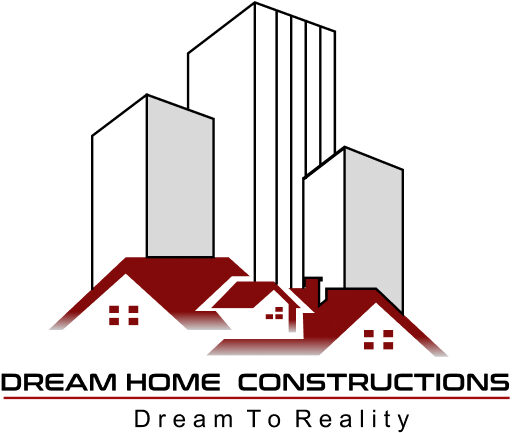
Estimation
Our Construction Value Cost Engineering and Estimation services offer strategic solutions to maximize the value of your construction project. Through rigorous analysis and collaborative efforts, we identify cost-saving opportunities without compromising on quality. Our experienced estimators provide accurate cost estimates, encompassing all project aspects to ensure budget transparency. Value engineering recommendations are carefully considered, focusing on optimizing performance and efficiency. With a proactive approach, we assess risks and monitor costs throughout the project, delivering value-driven results that align with your vision and budget. Let us be your trusted partner in achieving cost-effective and high-value construction solutions.
Construction Value Cost Engineering and Estimation is a systematic approach that optimizes the value of a construction project by balancing costs and benefits. It involves analyzing project requirements, identifying cost-saving opportunities, and ensuring that the project delivers the best value within the allocated budget. The process encompasses various stages:
1. Project Scope and Requirements Analysis: The process starts with a comprehensive analysis of the project’s scope, goals, and specific requirements. Understanding the client’s needs and expectations is crucial for accurate cost estimation and value engineering.
2. Cost Estimation: Experienced estimators use historical cost data, current market prices, and detailed project plans to estimate the overall construction costs. This estimation includes labor, materials, equipment, and other expenses.
3. Value Engineering Analysis: Value engineering involves a critical examination of the project to identify opportunities for cost optimization without compromising on quality. It seeks to enhance functionality, reduce waste, and maximize value by suggesting alternative materials, construction methods, or design modifications.
4. Cost-Benefit Analysis: During the value engineering analysis, cost-benefit assessments are made to evaluate the potential savings against the impact on performance and quality. Decisions are made based on the best return on investment and overall project value.
5. Collaborative Team Approach: The success of value cost engineering lies in collaboration among the project team, including architects, engineers, contractors, and estimators. Input from each discipline helps identify innovative solutions and ensures seamless integration of cost-saving measures.
6. Risk Assessment: Identifying and mitigating potential risks is crucial to avoid unforeseen costs that could impact the project budget. Risks are assessed and contingencies are factored into the cost estimation.
7. Regular Cost Monitoring: Throughout the project lifecycle, regular cost monitoring helps ensure that the construction remains within budget. Any deviations are addressed promptly, and value engineering solutions are reconsidered if necessary.
8. Continuous Improvement: Value cost engineering is an iterative process that continuously seeks improvement. Lessons learned from previous projects are incorporated into future estimations and value engineering efforts.
9. Client Communication: Clear communication with the client is essential throughout the process. They are involved in key decision-making and are kept informed about cost implications and potential changes.
10. Final Cost Approval: Once the value engineering recommendations are finalized, the revised cost estimates are presented to the client for approval. The client’s understanding and agreement are crucial before implementing any changes.
11. Implementation and Monitoring: The approved value engineering measures are implemented during construction. The project team monitors the execution to ensure that the value engineering strategies are effectively realized.
Value cost engineering and estimation is a proactive approach that optimizes project performance, fosters innovation, and enhances overall project value. By striking a balance between costs, functionality, and quality, it ensures the successful delivery of construction projects that meet or exceed client expectations.
